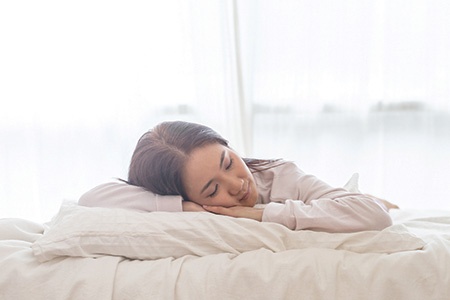Honey for Cough
Honey and over-the-counter medicines should be the first line of treatment for most people  with coughs, state the new recommended medical guidelines. Health officials stress that antibiotics should rarely be prescribed for coughs, as they do little to improve symptoms in most cases. The new recommendations for doctors are intended to help tackle the problem of antibiotic resistance. Officials suggest a hot drink with honey, with lemon and ginger, as an effective home remedy for coughs and a sore throat. Cough medicines containing pelargonium, guaifenesin or dextromethorphan might also be beneficial, they say.
with coughs, state the new recommended medical guidelines. Health officials stress that antibiotics should rarely be prescribed for coughs, as they do little to improve symptoms in most cases. The new recommendations for doctors are intended to help tackle the problem of antibiotic resistance. Officials suggest a hot drink with honey, with lemon and ginger, as an effective home remedy for coughs and a sore throat. Cough medicines containing pelargonium, guaifenesin or dextromethorphan might also be beneficial, they say.
Sleep loss and weight gain
Even one night of sleep loss has a tissue-specific impact on the regulation of gene expression and metabolism in humans, states a new study, which attempts to explain how  shift work and chronic sleep loss impairs metabolism and adversely affects the body composition. The researchers involved 15 healthy individuals of normal weight, who participated in two in-lab sessions that had activity and meal patterns highly standardised. The participants slept a normal night of sleep (over eight hours) during one session, and were kept awake the entire night during the other session. The findings showed that sleep loss causes tissue-specific changes to the degree of DNA methylation in genes spread throughout the human genome. Researchers found that the period of wakefulness simulates the overnight wakefulness period of many night shift workers.
shift work and chronic sleep loss impairs metabolism and adversely affects the body composition. The researchers involved 15 healthy individuals of normal weight, who participated in two in-lab sessions that had activity and meal patterns highly standardised. The participants slept a normal night of sleep (over eight hours) during one session, and were kept awake the entire night during the other session. The findings showed that sleep loss causes tissue-specific changes to the degree of DNA methylation in genes spread throughout the human genome. Researchers found that the period of wakefulness simulates the overnight wakefulness period of many night shift workers.
Nerve stimulator to help depressed patients
An implanted nerve stimulator could help severely depressed patients find some normalcy  in their day-to-day lives, say researchers. Although it doesn’t fully relieve symptoms, patients who have been using the vagus nerve stimulator say they have regained significant quality of life, and the improvements have lasted for as long as five years. These improvements are highly encouraging as they help people work, socialise and interact with their families better.
in their day-to-day lives, say researchers. Although it doesn’t fully relieve symptoms, patients who have been using the vagus nerve stimulator say they have regained significant quality of life, and the improvements have lasted for as long as five years. These improvements are highly encouraging as they help people work, socialise and interact with their families better.
Sweet dreams are made of these…
…Peaceful mind. According to a new study, people with more peace of mind in the waking state have more positive dreams, while those with more anxiety in the waking state have  more negative dreams. It has been long assumed that the content of dreams can tell us something about the person’s well-being; however, researchers have mostly studied dreams of people suffering from various disorders, without trying to find if happier people have happier dreams. In the recent study, researchers asked healthy participants to fill in a questionnaire that measured their waking up in a state of ill-being or well-being. The participants were required to keep a daily dream diary to report their dreams and rate the emotions they experienced in those dreams. Results showed that individuals with higher levels of peace of mind reported more positive dream emotions.
more negative dreams. It has been long assumed that the content of dreams can tell us something about the person’s well-being; however, researchers have mostly studied dreams of people suffering from various disorders, without trying to find if happier people have happier dreams. In the recent study, researchers asked healthy participants to fill in a questionnaire that measured their waking up in a state of ill-being or well-being. The participants were required to keep a daily dream diary to report their dreams and rate the emotions they experienced in those dreams. Results showed that individuals with higher levels of peace of mind reported more positive dream emotions.

